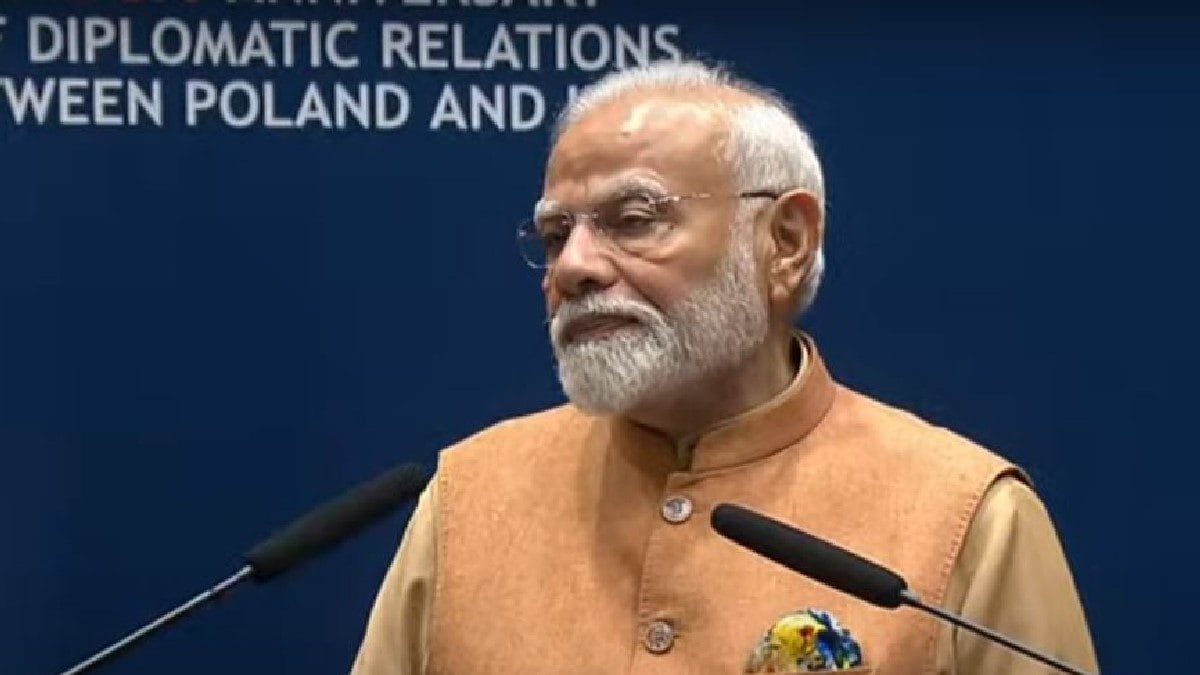Pakistan’s invitation to Prime Minister Narendra Modi to attend the Shanghai Cooperation Organisation (SCO) heads of government meeting in October signals a potential shift in the relationship between the two countries. This development comes amidst a long history of strained relations marked by the Kashmir issue and cross-border terrorism. While India has consistently maintained its desire for normal neighborly relations with Pakistan, it emphasizes that Islamabad must first create a conducive environment free of terror and hostility. This article delves into the implications of Pakistan’s invitation, exploring the backdrop of their relationship, the potential benefits, and the challenges ahead.
A Shift in the Narrative?
Pakistan’s invitation to Prime Minister Modi signifies a significant shift in the narrative surrounding the two nations’ relations. Traditionally, diplomatic engagements between India and Pakistan have been characterized by mistrust and strained relations. The invitation for Modi to attend the SCO meeting suggests a potential willingness on Pakistan’s part to engage with India on a multilateral platform. This could signal a move towards normalized interactions and potentially open doors for dialogue on issues of mutual interest.
SCO as a Catalyst for Dialogue
The SCO’s format provides a neutral platform for the two countries to engage. Participation in the meeting could foster communication and cooperation, particularly in areas of economic development and regional stability. The presence of major players like China, Russia, and other Central Asian countries adds further weight to the potential for constructive dialogue.
India’s Stance
India’s stance on the invitation is yet to be officially confirmed. While India has stated its desire for peaceful relations with Pakistan, it has also maintained a strong emphasis on Pakistan taking concrete steps to address terrorism emanating from its territory. If India chooses to participate in the SCO meeting, it will be crucial to assess whether the presence of Pakistan at the same event translates into tangible progress towards resolving long-standing disputes.
Challenges and Opportunities for India
India’s participation in the SCO heads of government meeting alongside Pakistan presents a mixture of challenges and opportunities. While the platform can facilitate dialogue and potentially pave the way for resolving outstanding issues, it’s also crucial to remain cautious and not rush into premature solutions.
The Kashmir Issue and Terrorism
The long-standing issue of Kashmir remains a significant obstacle to a lasting resolution of the relationship. Both countries maintain deeply rooted perspectives on the matter. Addressing the Kashmir dispute is essential for sustainable peace between India and Pakistan, but it requires significant political will and compromise from both sides. Similarly, the ongoing issue of cross-border terrorism emanating from Pakistan continues to be a major point of contention. Addressing this issue effectively requires concrete actions, not mere promises, from Islamabad.
The Larger Regional Context
The broader geopolitical landscape, especially the complex relations between India, China, and Pakistan, could play a pivotal role in the outcomes of any dialogue initiated at the SCO meeting. While regional security and economic cooperation are key areas of interest for all SCO members, the shared borders, economic interdependence, and existing rivalries must be factored in when assessing the potential for progress.
Takeaways
Pakistan’s invitation to Prime Minister Modi to attend the SCO meeting signals a potential shift in relations between the two nations, offering opportunities for dialogue and cooperation within a multilateral framework. However, significant challenges remain, including the Kashmir dispute, the issue of cross-border terrorism, and the broader geopolitical context. It is too early to determine whether this event will pave the way for a genuine rapprochement or simply represent a temporary shift in the dynamic. Ultimately, concrete actions and meaningful dialogue will be crucial for fostering lasting peace and stability in the region.




